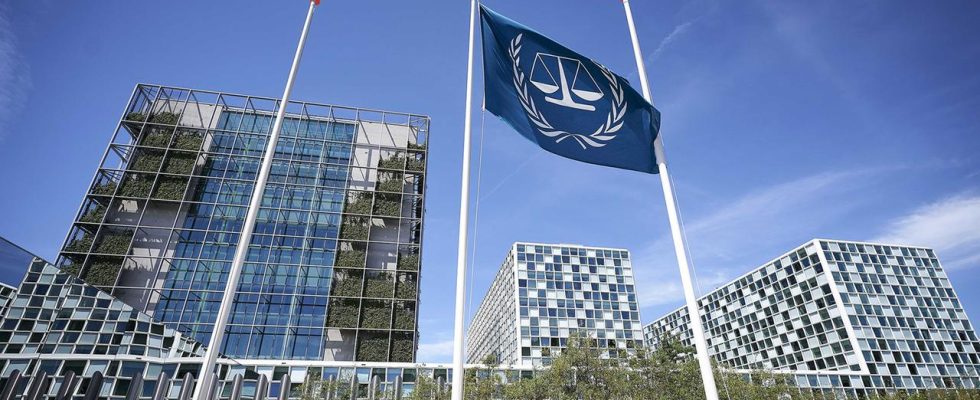The foundation stone for the International Criminal Court was laid 25 years ago – with the aim of being able to punish serious human rights violations. The work of the court is not without controversy, but it is also more important than ever.
Even today, opinions differ about the role and merit of the International Criminal Court (ICC). The 25th anniversary of the adoption of the Rome Statute, which created the contractual basis for the ICC.
The anniversary will be celebrated with a ceremony at the UN in New York – of all places in the USA, which has never acceded to the statute. Other powerful and populous states such as Russia, China and India are also not contracting states.
The World Criminal Court in The Hague
Based in The Hague, the court has had jurisdiction to try individuals for genocide, crimes against humanity and war crimes since 2002. In 2010, the offense of “crimes of aggression” was added, which prohibits waging aggressive wars.
The so-called World Criminal Court is intended to close criminal liability gaps that arise when nation states are unwilling or unable to prosecute crimes.
The first indictee in the history of the ICC was Thomas Lubanga, a Congolese rebel leader. He was accused of training child soldiers and forcing them to take up arms. After a temporary suspension of the proceedings, Lubanga was found guilty in 2012 and sentenced to 14 years in prison.
One-sided focus on Africa?
31 cases have been heard before the Court so far. Every single defendant came from an African country. This brought considerable criticism to the court.
Acts for which one can be prosecuted before the ICC are so serious that they are considered wrongs all over the world. And yet it is always only warlords, heads of state and militiamen of African states who answer for themselves there. The international law expert Paulina Starski from the University of Freiburg does not want to let the accusation of the one-sidedness of international criminal law stand.
“The postcolonial critique is absolutely justified, and it is important that it is addressed on a systemic-global level,” says Starski, but adds: “From the perspective of the victims that for example crimes that happened on the African continent, it is nevertheless very important that at least these trials could be conducted.”
Arrest warrant against Putin
Recently, the arrest warrant for Russian President Vladimir Putin caused a stir. It was possible for the ICC to start investigations on Ukrainian territory because Ukraine had already given so-called ad hoc recognition in 2014 and 2015 after the annexation of Crimea and thus consented to investigations to this day.
Even if it is currently unlikely that Putin will be arrested, the arrest warrant is still a success, says the director of the International Nuremberg Principles Academy, Christoph Safferling of the University of Erlangen-Nuremberg.
“The mere clarification that there is a suspicion that President Putin has committed crimes and that further investigations will take place is of great importance.” And the arrest warrant also entails a restriction of Putin’s freedom of movement. Putin can no longer travel to Europe, for example.
In the 1990s, hardly anyone expected that the former Serbian and later Yugoslav President Slobodan Milošević would soon have to answer before a UN war crimes tribunal.
hope for the future
From the perspective of international law, the establishment of the Rome Statute represented an important milestone. “The International Criminal Court is of central importance as an institution because it recognizes the importance of international criminal law and protects individuals at international level,” explains Starski.
Thanks to the Rome Statute, there are now standards in international criminal law with regard to concepts such as war crimes and crimes against humanity that can no longer be negotiated away, but are binding.
Safferling has correspondingly high expectations for the future: “I hope that this international criminal law will become more established in the future and will be enforced more severely.” The war of aggression on Ukraine is a case in which the ICC can really prove itself – and must prove itself.

